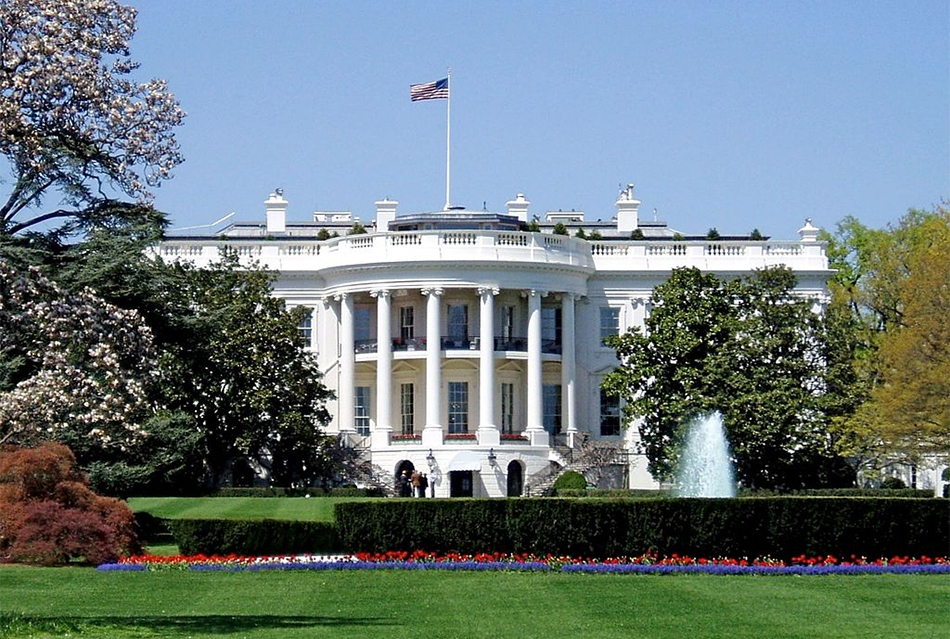Treasury Exempts Internet Communications from Russian Sanctions
Advocacy groups called for carveout to keep Russian activists connected to outside world

The smarter way to stay on top of the multichannel video marketplace. Sign up below.
You are now subscribed
Your newsletter sign-up was successful
The Biden Administration has exempted equipment for Russian telecommunications and some internet-based communications from the U.S. sanctions on Russian businesses prompted by that country's attack on Ukraine. The goal was to keep Russian antiwar activists connected.
That is per an exemption issued by the Treasury Department that exempts services, software, and hardware for internet communications, according to the groups that pushed for the exemption.
The exemption does not cover electronic transactions from some foreign financial institutions and or from Russia's central bank or wealth fund, but does cover "all transactions ordinarily incident and necessary to the receipt or transmission of telecommunications involving the Russian Federation," that would otherwise be prohibited under the sanctions.
The Treasury move came after advocacy groups pushed the President for the internet carve-out concerned that the sanctions would disrupt Russian activists access to outside information. Vox, which reported on the letter, said the Treasury general order now allows transactions including "messaging, domain registration, email, and sharing photos or videos."
Access Now, which pushed for the general license exemption along with a coalition of groups including Digital Democracy and the Electronic Freedom Frontier (EFF), said the Treasury move "will make it possible for Russian independent media, human rights defenders, and antiwar protesters who depend on U.S. communication technologies to continue their critical work safely."
Russia has been censoring speech, online and otherwise, that does not toe the government line about the war and its causes. ■
The smarter way to stay on top of the multichannel video marketplace. Sign up below.
Contributing editor John Eggerton has been an editor and/or writer on media regulation, legislation and policy for over four decades, including covering the FCC, FTC, Congress, the major media trade associations, and the federal courts. In addition to Multichannel News and Broadcasting + Cable, his work has appeared in Radio World, TV Technology, TV Fax, This Week in Consumer Electronics, Variety and the Encyclopedia Britannica.

